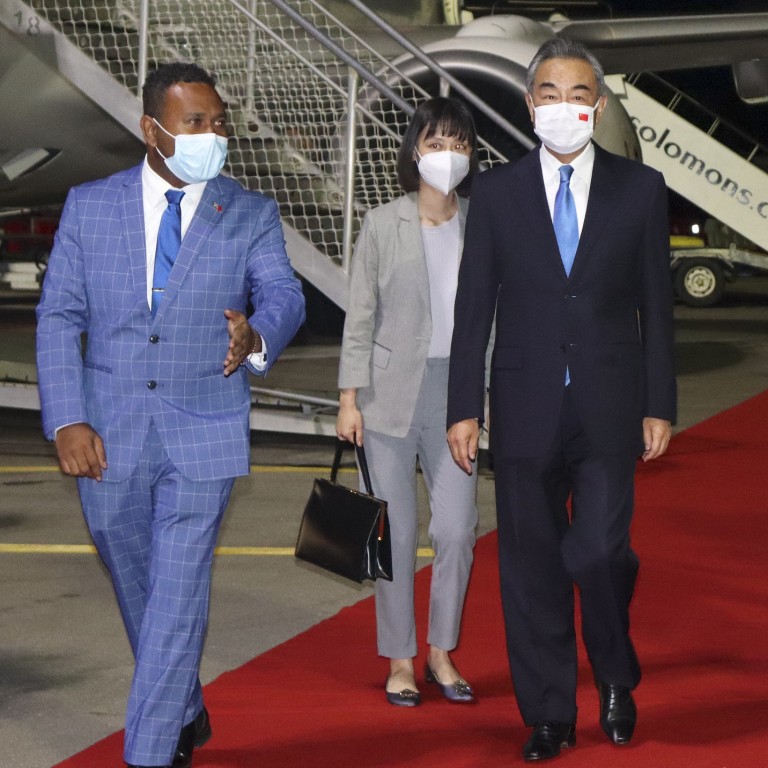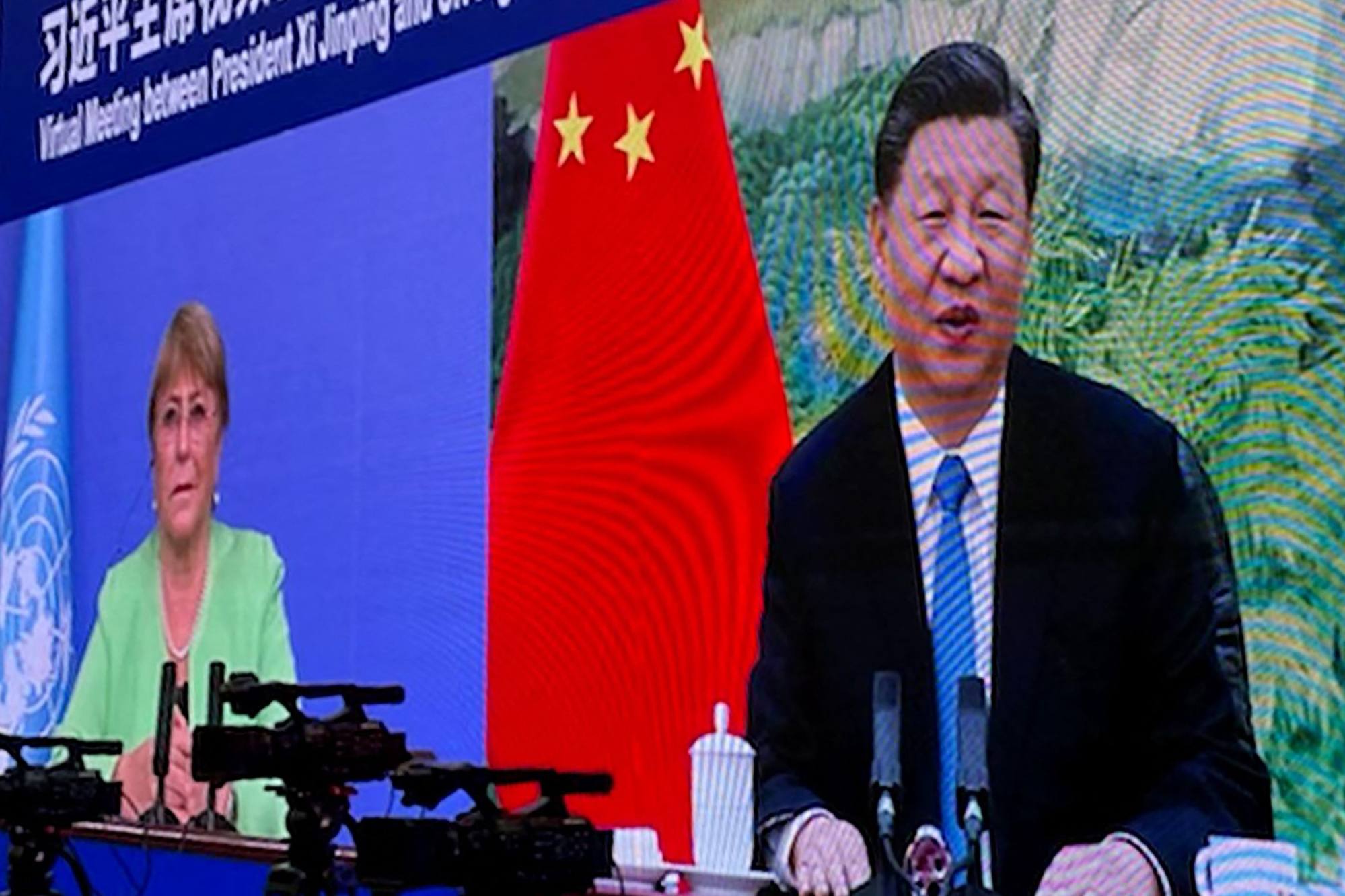
Beijing’s avoidance of foreign media for Wang Yi’s Solomons visit, UN trip to Xinjiang will not help China’s international image
- Media in the Solomon Islands are boycotting Wang Yi’s trip because local reporters there will not be allowed to ask questions to China’s foreign minister
- China’s lack of transparency has also been criticised by international press who are not allowed to travel with a UN human rights body on a visit to Xinjiang
Georgina Kekea, president of the Media Association of Solomon Islands wrote on Twitter saying that it is “a tough call to make” adding that “our protest is for our government to see our disappointment”.
The China-Solomon Islands security pact and why it has raised alarm
Understandably, the local media would like to ask questions relating to these agreements and should be given the opportunity, even if boilerplate replies are given.
But to be denied the opportunity suggests that Beijing is either uncomfortable about the prospect of addressing these issues or wishes to maintain its ongoing secrecy.
Despite ongoing calls, the text of the security deal signed by Beijing and Honiara has still not been made public, or shared with members of parliament. China’s foreign ministry also refused to answer questions about Wang’s visit until Tuesday night, the day before the trip.
Why the China-Solomon Islands pact is making waves in the Pacific
This lack of transparency will do little in assuaging concerns about China’s intentions in the region which has come under intense scrutiny in recent months.
The first such visit since 2005, the six-day trip which began on Monday was met with criticism that Bachelet is unlikely to be allowed unfettered access in Xinjiang.
Rights groups have claimed the visit will be choreographed while politicians from 18 countries warned that Bachelet risked causing lasting damage to the credibility of her office if she went ahead with the visit.

Yet, for an event so closely watched, no international journalists will be allowed to travel with Bachelet, but she will hold a press conference on Saturday, her office has said.
Granted that China’s relations with the foreign media has always been skittish, efforts to stop engaging or even allowing their presence will only mean that an additional channel for understanding Beijing’s policies and approaches would have been lost.
The lack of transparency and access would feed into ongoing anxieties that China’s ascendancy will involve second-guessing or worse, an inaccurate portrayal of Beijing’s true intentions.

